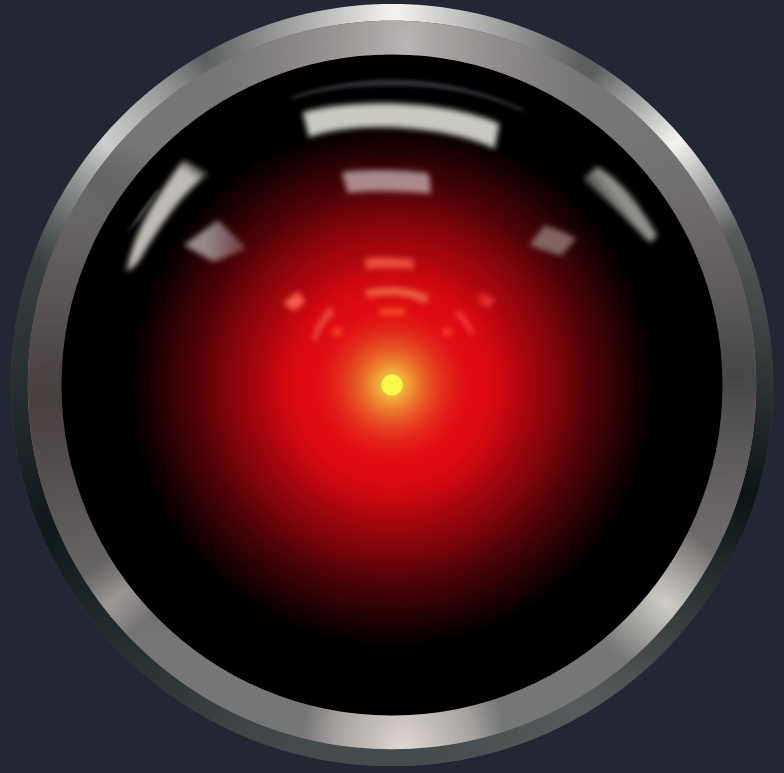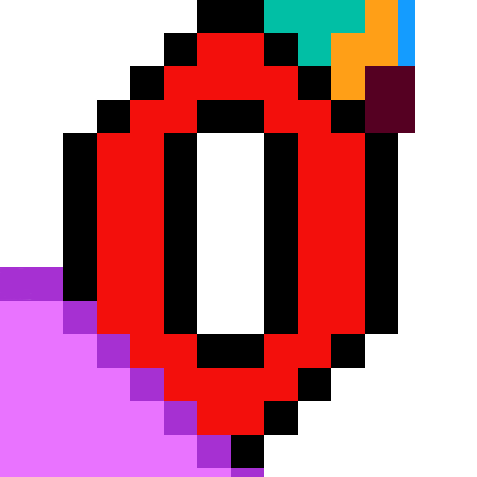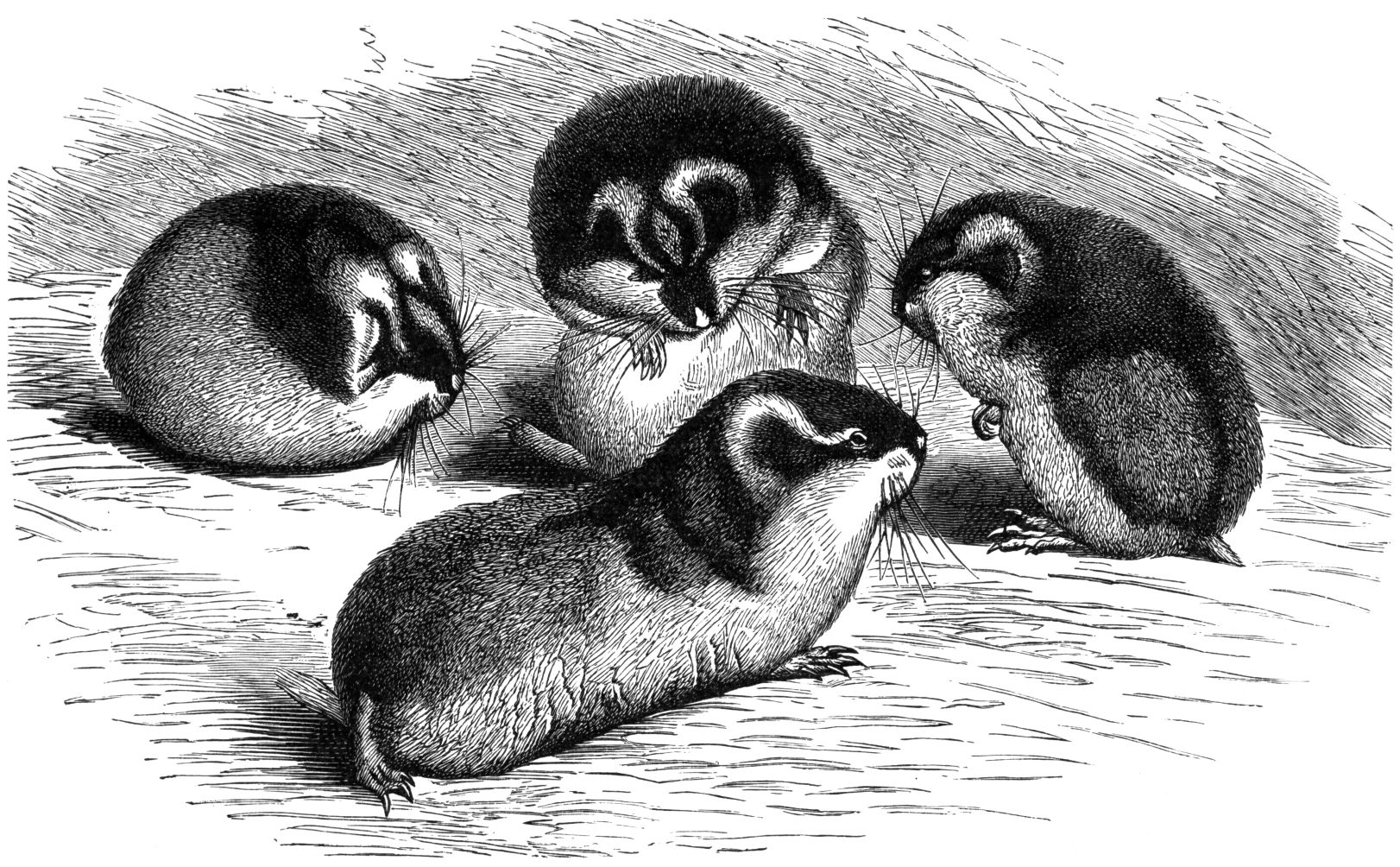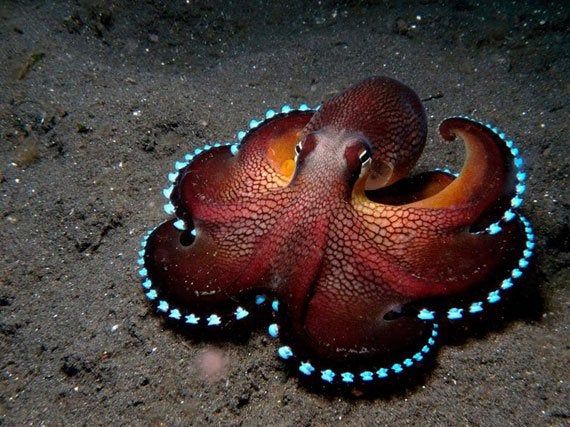1990 - The HTTP protocol and HTML are invented by Tim Berners-Lee, starting the World Wide Web.
1991 - Linus Torvalds releases the first Linux operating system kernel.
1992 - IBM launches the first smartphone, the Simon Personal Communicator.
1993 - Mosaic, the first graphical web browser, is launched.
1994 - Amazon is founded by Jeff Bezos.
1995 - Launch of Java by Sun Microsystems.
1996 - Nokia launches the Nokia 9000, the first cell phone with smartphone capabilities.
1997 - IBM Deep Blue defeats Garry Kasparov, the world chess champion.
1998 - Google is founded by Larry Page and Sergey Brin.
1999 - Napster is launched, beginning the era of P2P file sharing.
2000 - The dot-com bubble bursts, affecting countless technology companies.
2001 - Apple launches the iPod, revolutionizing the music industry.
2002 - SpaceX is founded by Elon Musk.
2003 - The Human Genome Project is completed.
2004 - Mark Zuckerberg launches Facebook.
2005 - YouTube is created by Steve Chen, Chad Hurley and Jawed Karim.
2006 - Twitter is launched, changing the way news and information is disseminated.
2007 - Apple launches the iPhone, revolutionizing the smartphone industry.
2008 - The first successful transplant of a 3D printed organ occurs.
2009 - Bitcoin is invented by a person or group of people under the pseudonym Satoshi Nakamoto.
2010 - Instagram is launched, influencing digital photography and social media.
2011 - IBM Watson beats humans at Jeopardy!, highlighting advances in AI.
2012 - The Tesla Model S is launched.
2013 - Edward Snowden reveals the extent of NSA surveillance.
2014 - The first successful landing of a reusable rocket is performed by SpaceX.
2015 - DeepMind’s AlphaGo defeats a human Go player for the first time.
2016 - Pokémon Go becomes a global phenomenon, driving augmented reality.
2017 - The rise of machine learning and AI leads to the term “Industry 4.0”.
2018 - The first autonomous air taxi flight is carried out.
2019 - The first image of a black hole is captured.
2020 - The COVID-19 pandemic accelerates the global adoption of remote work, online services and telemedicine.
2021 - China launches its own space station, Tiangong.
2022 - Artificial Intelligence is used to accelerate the development of personalized vaccines.
2023 - The first fully integrated smart cities begin to be built.
2024 - The first commercial quantum computer is launched.
2025 - Neural networks achieve near-human natural language processing.
2026 - Self-driving cars become commonplace on roads around the world.
2027 - A robot performs heart surgery without human assistance.
2028 - Autonomous cars represent 50% of vehicles in circulation.
2029 - The first human has a successful brain-machine interface implant.
2030 - The Internet of Things becomes a global infrastructure.
2031 - Artificial intelligence now makes up 5% of the global workforce.
2032 - Artificial Intelligence is used in the governance of smart cities, optimizing public services.
2033 - The first AI with legal rights is recognized, challenging traditional concepts of citizenship.
2034 - CRISPR gene editing technology is used to eradicate an inherited disease.
2035 - The first global energy grid powered by nuclear fusion is established.
2036 - The Internet reaches the mark of 10 zettabytes of data transmitted annually.
2037 - Nanorobots are used for the first time on humans for medical treatment.
2038 - P versus NP millennium problem resolved.
2039 - Neural implants allow direct interface with the Internet.
2040 - Renewable energy and storage become the main source of energy for global data centers.
2041 - Automation reaches levels that cause significant restructuring of global workforces.
2042 - The first AI is elected to public office.
2043 - An AI is elected to public office for the first time.
2044 - Blockchain is adopted as the global standard for financial transactions.
2045 - The “Singularity” is reached, where AI surpasses human intelligence by all measures.
2046 - The first human clone is created, opening ethical debates around the world.
2047 - A new type of internet based on quantum communications is implemented.
2048 - The first complete human brain emulation is performed on a computer.
2049 - Global transportation networks become fully autonomous.
2050 - The colonization of Mars begins with the first self-sustaining city.
2051 - The integration of AI in medical diagnosis reduces clinical errors by 90%.
2052 - Artificial intelligence now represents 25% of the global workforce.
2053 - Neural networks reach the complexity of the human brain.
2054 - 10G networks become the global standard, enabling never-before-seen internet speeds.
2055 - The first personal quantum computer is released.
2056 - Advances in carbon capture and storage reduce CO2 emissions to pre-industrial levels.
2057 - Speech recognition and natural language processing achieve 99.9% accuracy.
2058 - The world’s oceans are declared clean after a global de-pollution initiative.
2059 - The first AI artist wins a Pulitzer Prize.
2060 - An autonomous robot is the first to be granted citizenship.
2061 - Advances in AI make accurate prediction of extreme weather events possible.
2062 - Neural implants allow controlled telepathic communication.
2063 - Social networks based on virtual reality become more popular than traditional platforms.
2064 - Autonomous robots now perform most household tasks.
2065 - An AI is named CEO of a Fortune 500 company.
2066 - QubitLang, the first quantum programming language is released.
2067 - A supercomputer solves a “Millennium Prize” problem, an unsolved mathematical question.
2068 - A cure for all forms of cancer is discovered.
2069 - Exploration of the Kuiper Belt begins, aiming to extract resources.
2070 - The colonization of Mars begins with the first self-sustaining city.
2071 - Brain-to-brain interfaces allow direct communication between humans.
2072 - Artificial Intelligence replaces lawyers in routine legal procedures.
2073 - The first school entirely run by AI opens.
2074 - A network of global sensors monitors climate change in real time.
2075 - Advances in nanotechnology enable cellular repair, effectively reversing aging.
2076 - The first medical AI performs brain surgery.
2077 - The first geoengineering project to reflect sunlight and control global warming begins.
2078 - Global quantum networks replace existing internet infrastructures.
2079 - The first world government is formed, with the participation of both humans and AI.
2080 - The first university on Mars opens.
2081 - Researchers decipher the “code of life”, allowing the creation of completely new living beings.
2082 - Artificial Intelligence achieves the capacity for continuous self-improvement.
2083 - An AI composes a symphony that wins the Pulitzer Prize for Music.
2084 - Cryogenics is improved to the point of allowing the successful resuscitation of human beings.
2085 - Artificial Intelligence solves the last of the “Millennium Prize” problems.
2086 - The first human colony is established on a moon of Saturn.
2087 - The fusion of AI and biology allows the storage of digital information in living cells.
2088 - A “global brain” begins to coordinate all devices connected to the Internet of Things.
2089 - The first extinct animal is brought back to life through genetic engineering.
2090 - Artificial Intelligence now makes up 50% of the global workforce.
2091 - A quantum computer breaks all current encryption algorithms, forcing the creation of new security standards.
2092 - The first manned interstellar mission is launched, aiming to colonize an exoplanet.
2093 - The first AI wins a Nobel Prize.
2094 - The first artificial intelligence is granted citizenship in multiple countries.
2095 - Atomic-level 3D printing technology makes object replication a reality.
2096 - A fully immersive metaverse becomes the social and work environment for most people.
2097 - The first self-aware artificial life form is developed.
2098 - Dark matter is finally understood and begins to be explored as a new form of energy.
2099 - An interplanetary treaty is signed by all human colonies in the solar system.
2100 - Humanity reaches the Era of Post-Humanity, with advances in AI, biology and technology allowing the transcendence of physical and mental human limitations.
It has a very high opinion of itself.
2042 and 2043 are red flags. He must really want to get elected.
I feel sorry for the 2050 Mars colony. They obviously do something so wrong, they are wiped from all historical records, and then those posers in 2070 claim to be the first Mars settlement
Thanks for catching that. Winners write history or something like that, I write as a drunk and lazy historian
Yeah there are multiple duplicates.
First AI in public office in 42 and 43
Yeah 2050-Mars-loosers don’t even manage to build a university within 10 years unlike 2070-Mars-Posers :D
Don’t feel sorry for them. They chose not to ignore the communications coming from elsewhere and then chose to build the gateway those communications suggested, though they didn’t have much choice about what followed. We got lucky that they just stopped for some reason instead of spreading through the solar system. It must have been a civil war or something because all that was left were the ripped and torn remains of the invaders and a destroyed gateway. The cleanup took about 15 years.
2044 - Blockchain is adopted as the global standard for financial transactions.
This seems like one of the least believable to me.
Least believable is the quantum computer one.
Because D-Wave has been selling those things for several years now. Not in 2024
On the other hand, I think the following is pessimistic
2046 - The first human clone is created, opening ethical debates around the world.
I wouldn’t be surprised if there’s already a human clone out there.
EDIT: autocorrect
Haven’t cloned sheep been a thing for decades? I’m sure some dark corner goverment lab in America, China, or Russia surely tried it on a person. Teenage Putin gonna pop up as soon as Putin dies.
Yeah, next it’ll be selling digital drawings of monkeys.
LOL! What kind of stupid idea is that and who would be stupid enough to buy those things?
Oh. Wait a second…
Interesting how it seems to be based off of public opinion rather than technical reality. We’re on the verge of predicting every extreme weather event and will have that pretty much solved in the next decade, but ChatGPT sees that ways out. Meanwhile, it sees us reversing climate change completely in less than 40 years, but the science seems to suggest we bought a one way ticket.
AI circlejerks itself far too often
I like how the colonization of mars with “the first” self-sustaining city happens twice, exactly 2 decades apart
And how it conveniently goes over the twenty years of war waged against the Martians. This is the obvious bias of an AI programmed by the victors.
AIs were elected to public office 18 years before the first one gets citizenship
It’s probably like that dog that was elected mayor of a small unincorporated town.
Searched for any sign of Half-Life 3.
And the answer is Nope.
Welp I’m out
All you have to do is live until 2075. Then you’ll be a mortal immortal and you can wait until 2350
According to Elon Musk all of these things are coming next year.
2044 - Blockchain is adopted as the global standard for financial transactions.
So you’re telling me only 20 years until my Shiba Inu Moon Coin will finally make me rich?
If blockchain is adopted in any significant way, it will most likely be a coin controlled by some central institution like a bank, a government or a corporation. Shitcoins will probably stay dead.
I have about 6 million of Shiba Inu coins. What is Shiba Inu moon. ಠ_ಠ
Similar but with the obvious difference that it’s 100 % going to the moon, smh
I’m so buying it
Why is every event tied to technology? No mention of the wars we’ve been fighting? Global warming and its consequences?
ChatGPT has already accomplished the easiest task: replace social media influencers to hype itself
It mentioned global warming/climate change multiple times. It said one year that we cleaned all cO2 from the atmosphere fixing everything, then a decade later contradicting itself saying we are watching it, monitoring it, then later we reflect sun away to reverse it.
Maybe it was a very stupid idea to clean up all the CO2 from the atmosphere and then we will have to work on replacing it
Maybe there’s a global warming 2.0 after we solve 1.0.
deleted by creator
Waaaaaay too optimistic lol, but nevertheless somewhat interesting.
Why all “historical events” are about technology?
Because it learnt that from our articles, future predictions are almost always about tech and science.
Because we live in a post-humanities hellscape.
Gotta love how it sometimes repeats the same point. Also, I call any predictions on us getting carbon back to pre-industrial age levels and full on ocean de-pollution happening absolute bull because greed.
As soon as we get the human sides of things like greed out of humanity, the closer we will come closer to being able to solve our problems since people won’t be thinking about copyrighting the solutions so they can be the only people to sell the solution at a ridiculously marked up price.
Neat, though quite a few of these seem to be out of their logical order. Not that that can’t happen from time to time…
“2065 - An AI is named CEO of a Fortune 500 company.” So no more overpaid CEOs anymore then, right? Or does the savings from that just go to shareholders instead now?
The shareholders were replaced by ai 10 years before, the robots are our sugar daddies now
2030 - The Internet of Things becomes a global infrastructure.
Whatever happens after that is irrelevant because it means civilization is over anyway.
The truth is that it basically already is. It’s just what laypeople think when they hear internet of things is very different to what it’s actually used for in industry. Internet of Things is a term for small chips in several places, mostly as sensors, to do certain things that benefit from quantity over quality. A typical example is measuring soil quality, another could be logistics, a third could be local weather conditions. They could also incorporate distributed computing into their functions and goals. Other examples could be stuff like smart grids, managing buildings like offices, manufacturing, or medicine, likely lots of applications in medicine, and more.
It’s very much not just smart toasters or smart homes. Consumer products are just a small part of IoT.

















